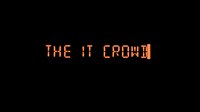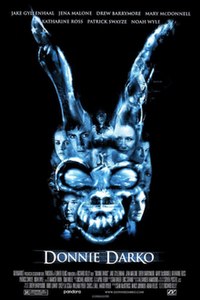Lists


2 Books
Paperfeed
Sort by:
Recent Desc
More lists by cideight
Bookmarks
List includes:
September 2021
0
@cideight



showz
List includes: My Name Is Earl, The IT Crowd, The A-Team
February 2023
0
@cideight

authors
List includes: Quentin Tarantino, Just for Fun: The Story of an Accidental Revolutionary
June 2020
0
@cideight

games
List includes: kula world
May 2020
0
@cideight



Alltime Favz
List includes: The Crazies, Donnie Darko, Inglourious Basterds
February 2023
1
@cideight
